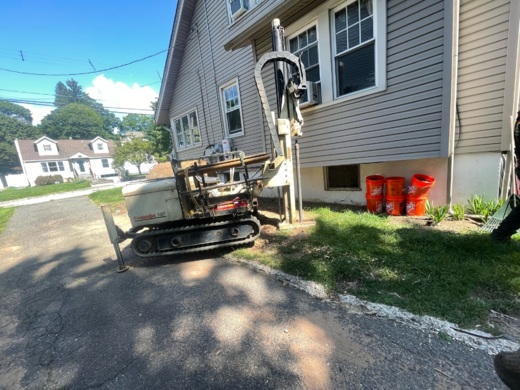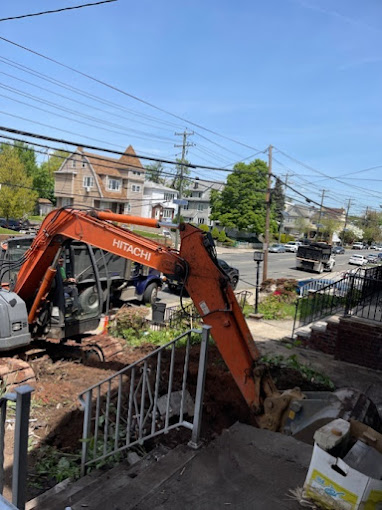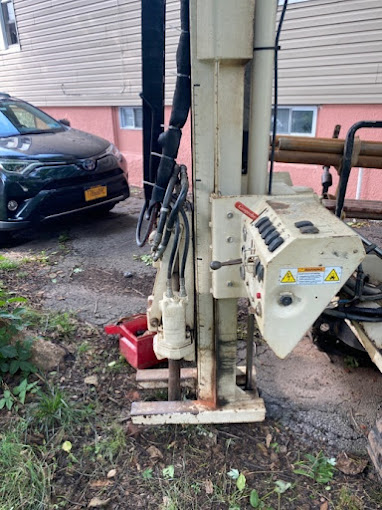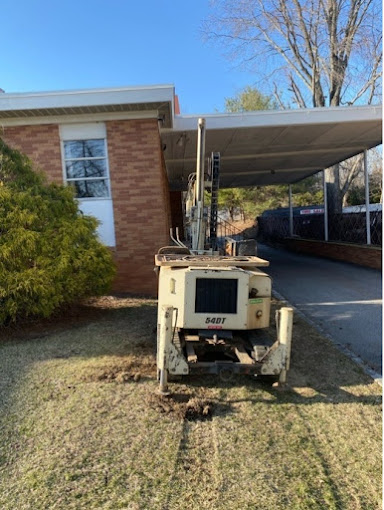Underground oil tanks were once a common method for storing heating oil, particularly in older homes. However, as time passes, these tanks can become a serious liability. Many homeowners are unaware of the potential risks associated with leaving an underground oil tank on their property. In this blog, we will explore the dangers of neglected underground oil tanks, how they can impact your home, and why it’s crucial to address them promptly.
Risk of Oil Leaks and Soil Contamination
One of the most significant dangers of an underground oil tank is the potential for leaks. Over time, oil tanks can corrode, crack, or deteriorate, leading to leaks that contaminate the surrounding soil. Even a small leak can cause extensive environmental damage, as oil seeps into the ground, potentially reaching water sources, harming vegetation, and creating a toxic environment for wildlife.
If soil contamination occurs, homeowners may face costly cleanup procedures and possible fines. In many regions, environmental laws require that soil affected by oil contamination be remediated to prevent further damage to the ecosystem. Ignoring a leaking underground oil tank could turn a simple removal into a major environmental restoration project.
Contamination of the water supply
In addition to soil erosion, underground oil spills pose a serious threat to nearby water bodies. If the leak is not detected or repaired, the oil can seep into the ground and seep into nearby groundwater or wells. This can make the water unsafe for drinking, cooking, or washing, and can pose health risks to your family and community.
Treating water from underground oil spills can be difficult and expensive. In extreme cases, it can render the water source unusable, forcing homeowners to seek alternative sources of water at greater cost.
Depreciation of property values
Leaving an old or abandoned oil tank underground on your property can significantly reduce its value. Many prospective buyers are wary of purchasing oil properties, as they understand the risks involved. Lenders and insurance companies may be reluctant to approve loans or financing for underground shower homes because of potential liabilities.
Even if the oil tank isn’t leaking yet, if it is, it can make the sale of your home more difficult or delayed. Homebuyers are increasingly aware of the dangers of old oil tanks, and removing one before selling your property can enhance its market appeal and make the transaction go smoothly.
Legal and financial responsibilities
Many places have strict regulations regarding underground oil disposal, especially if it is abandoned or no longer in use. If there is a water leak and environmental damage is found, the homeowner can be held legally and financially responsible for cleanup costs. Fines and penalties can quickly escalate, especially if the landlord is found to have failed to address the problem in a timely manner.
In some cases, if a leak spreads beyond your property, you could also be held liable for damage to adjacent property. This can lead to lawsuits, significant financial losses, and even lawsuits, jeopardizing your homeownership.
Health Hazards
In addition to the environmental and economic risks, underground oil poses health risks to you and your family. Prolonged exposure to oil-contaminated soil or water can cause respiratory problems, skin burns, headaches, organ damage, etc. Oily fumes can also escape your home, creating a dangerous living environment, especially for young children, the elderly and pets.
Toxic water and chemicals associated with oil leaks can have long-lasting effects, making it important to remove a damaged oil barrel before it affects your family’s well-being.
Unexpected maintenance costs
If not properly maintained or disposed of, aging underground oil can be a serious problem. Leaks, corrosion, and system malfunctions can lead to unexpected maintenance costs. In addition, when the tank begins to run dry, it can cause ongoing issues that require constant maintenance, turning a minor inconvenience into a major expense.
Actively disposing of old petrol tanks is a far more cost-effective option than facing the financial burden of emergency repairs or environmental remediation while waiting for a breakdown.
Insurance information
Many insurance companies refuse to cover underground oil properties or charge exorbitant rates. Insurance companies recognize the dangers of old oil tanks, and some may require proof of disposal before issuing or renewing an insurance policy. If you are not properly paid, you could be left financially responsible for the costs associated with tank removal, maintenance and any damage caused by leaks.
Conclusion: Don’t ignore the risks
Leaving an underground oil tank on your property is a gamble with serious consequences. Environmental Risks From water pollution to declining property values to potential legal liability the short-term banking risks of delayed withdrawal from there is quite enough Whether you plan to sell your home, protect the environment, or simply avoid a major shock, deal with your underground oil tank sooner rather than later is best.










